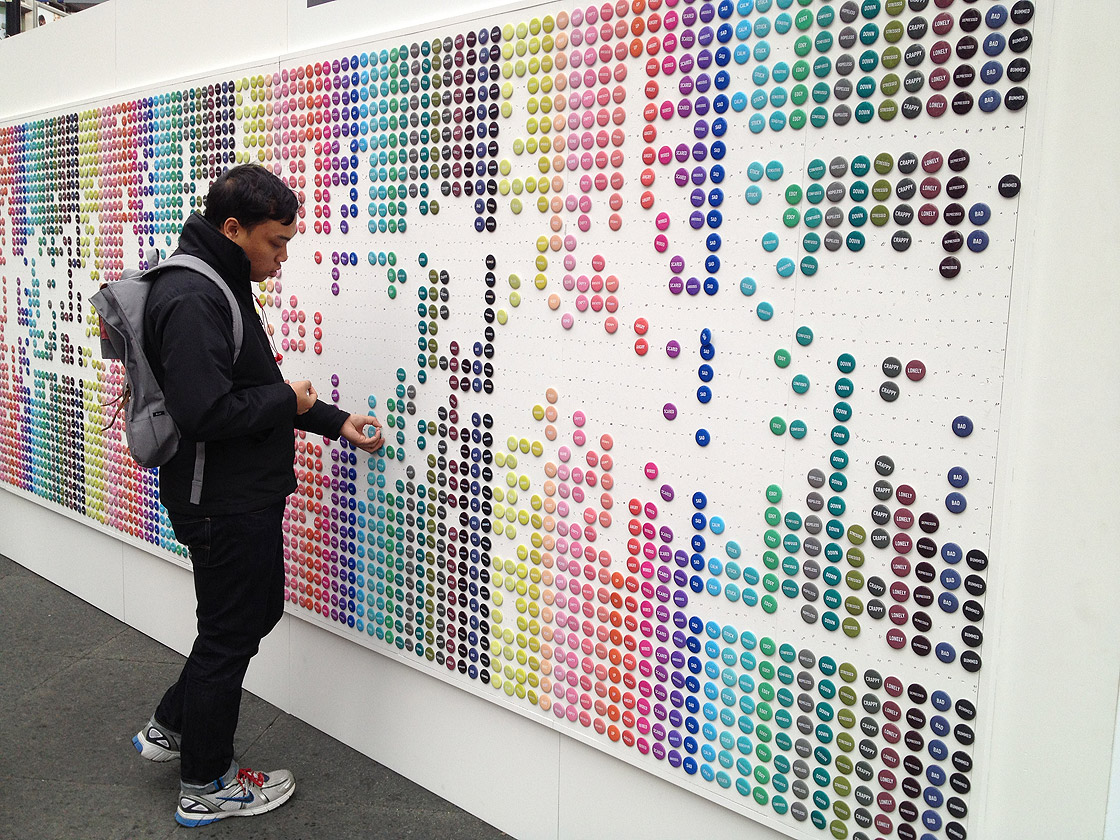TORONTO – People across the country are being urged to start talking and break a stigma that devastates thousands of Canadians every year.

The Not Myself Today campaign – an initiative by the Partners for Mental Health – asks Canadians to help shatter the stigmas surrounding mental health by giving it prominence and making it a priority.
The statistics surrounding the issue are staggering, with one in five Canadians experiencing some form of mental health problem every year. “And it’s not the same five people every year,” says Dr. David Goldbloom, senior medical adviser at the Centre for Addiction and Mental Health (CAMH).
“What this means is that someone you know, in your family, at work, is struggling right now,” says Goldbloom.
Forms of mental health issues range from anxiety, depression, eating disorders and attention deficit disorders to bipolar disorder and schizophrenia, to substance abuse. When a mental health disorder becomes severe, it can be crippling, even fatal.
Canada’s suicide rate has steadily increased over the past 60 years. More than 3,500 Canadians commit suicide each year; one in every 25 Canadians attempts suicide during his or her lifetime.
And although the problems are widespread, help is neither easy to get nor easy to ask for.
Unlike physical disorders or other illnesses, a mental health disorder can change how you see yourself, and how others perceive you, explains Goldbloom.

Get weekly health news
“Drawing a line between the person and the illness can become tricky when that illness can play havoc with your mood, thought and behaviour.”
It is because of these barriers that the Not Myself Today campaign was launched.
“There is a lack of awareness, support and funding for mental health in Canada,” says a spokesperson for Not Myself Today.
And so the campaign aims to place mental health in a position of prominence in the collective consciousness, by rallying thousands of Canadians to substantially grow the number of people interested in the cause.
“We need to show decision makers – elected officials and employers – that thousands of Canadians care about this issue.”
On Monday in Toronto’s Yonge-Dundas Square, people wandering past the public square were greeted by a large art installation covered in colourful pins, printed with words such as ‘lonely,’ ‘numb,’ ‘wired,’ ‘jumpy.’
Campaign organizers encouraged members of the community to take the pins that represent how they are feeling.
Events also took place in schools and workplaces across the country, with the goal of reaching 25,000 pledges of support by the end of the campaign.
Those interested in pledging support can also share their story online and pin their mood to an interactive map of Canada.
The Not Myself Today campaign runs until May 14.
For more information on mental health issues, including resources for those seeking help, visit the Partners for Mental Health resource centre or the CAMH website.
Follow Heather on Twitter @heatherloney








Comments